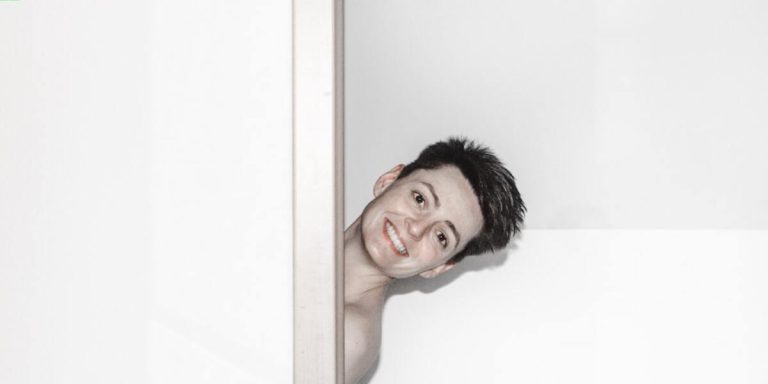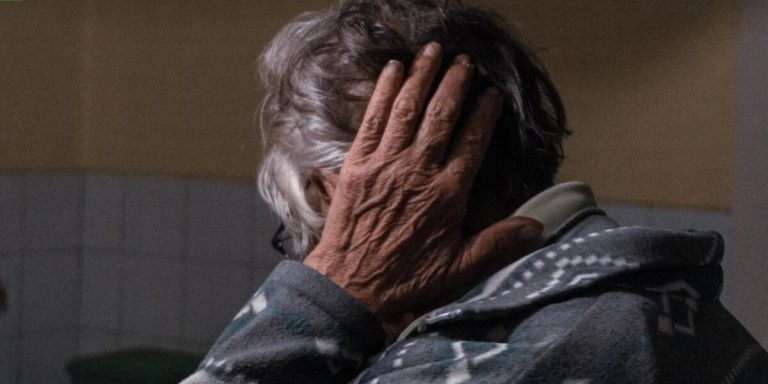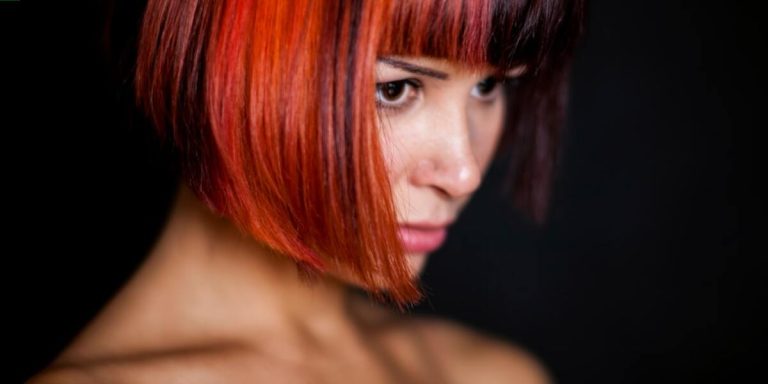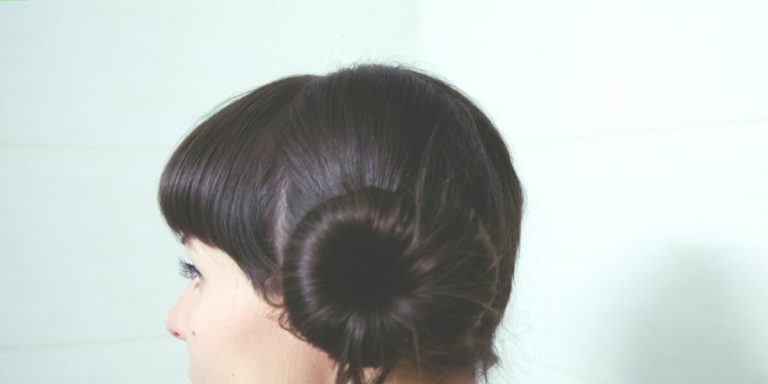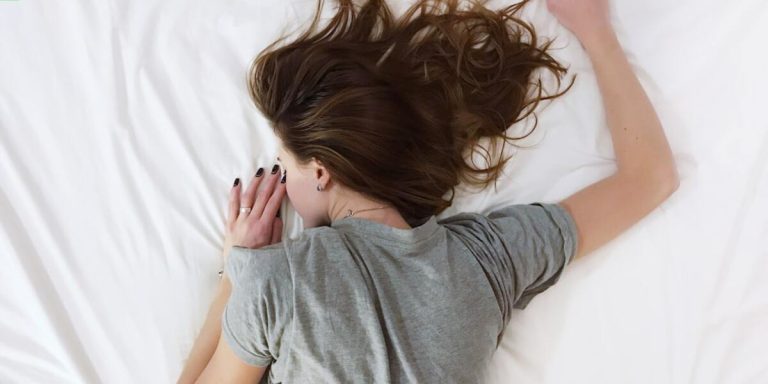Can Scratching Your Head Cause Hair Loss? An Insightful Analysis
Have you ever wondered whether the simple act of scratching your head could be contributing to hair loss? You are not alone. Many people who suffer from itchy scalps or dandruff often raise this concern – “Can scratching your head cause hair loss?” It’s a question that warrants an insightful analysis, especially considering how common and seemingly harmless this habit is.
Unraveling this mystery requires us to delve into some basic biochemistry of our scalp and locks. Understanding these intricate processes beneath our skin will shed light on why unnecessary friction like vigorous scrubbing during shampooing or constant itching might lead up to significant hair fall—an issue plaguing many individuals today! Without further ado, let’s plunge right in.
Did you know?
Surprisingly, consistent scratching of the scalp can indeed lead to hair loss. This is primarily because it can trigger a condition known as traction alopecia, which occurs from repetitive pulling or tension on hair strands over prolonged periods.
Understanding Scalp Health and Hair Loss
In the discourse of hair loss, it’s crucial to stress on scalp health. The condition of our scalp directly impacts the wellbeing and strength of our hair, with poor maintenance or indeed excessive stimuli potentially leading to unwanted shedding. Connection between scratching your head excessively and experiencing hair loss might not be glaringly obvious at first but is worth investigating in detail.
Scratching can result from numerous conditions including:
- Itchy irritation from bacterial infections
- Skin disorders like eczema or psoriasis, which require medical attention for proper treatment
However, habitual, absent-minded scratching triggered by stress can cause mechanical trauma that damages follicles over time. This weakens them and eventually results in more substantial hair fallout during normal handling. Hence, this connects to our primary concern about the causes behind unwarranted hair loss.
Scratched scalps can become susceptible to secondary infections because their protective barrier function is disrupted. This compromises the scalp’s integrity and weakens its ability to securely anchor hair strands in well-anchored roots. To maintain optimal scalp wellness and reinforce resistance against alopecia from compulsive scratching, you should:
- Seek professional aid if necessary.
- Adopt mindful grooming habits.
The Connection Between Scalp Irritation and Hair Shedding
There’s a common misconception that simply scratching your head can cause hair loss. While it’s somewhat oversimplified, the truth is more nuanced and involves our overall scalp health.
Research indicates an indirect connection between constant scalp irritation—including incessant scratching—and increased chances of hair shedding. Scratching doesn’t directly lead to losing strands from their roots. Instead, persistent itching or discomfort on the scalp may suggest underlying issues contributing to eventual hair fall if left untreated.
Firstly, consider dandruff—an infamous source of relentless itchiness for many people. Dandruff typically results from yeast overgrowth or other similar infections on our scalps—a clear sign that something isn’t quite right beneath those follicles. When you frequently scratch due to this condition’s effects, there’s potential for damaging delicate follicular structures necessary for maintaining healthy growth cycles—eventually leading towards excessive shedding.
Secondly, we have dermatitis in its varying types; such as seborrheic and contact versions—that often present themselves with irritated skin symptoms so severe they induce a near-constant urge to scratch away at them just for temporary relief.
This chronic inflammation disrupts standard cell regeneration stages required by every individual strand—as though forcing each one into premature ageing process before finally giving up and vacating its home within affected areas entirely much sooner than expected.
Recognizing Harmful Scratching Habits Impacting Follicles
Scratching your head excessively can indeed lead to hair loss. It may seem like an unconscious action, a result of stress or simply a response to an irritated scalp. But in 2023, more and more studies reveal the significant impact that harmful scratching habits have on our follicles.
The narrative goes beyond just ‘scratching leads to hair fall.’ The act itself but also what triggers such behaviors should be considered when thinking about the overall health of our scalps.
Firstly, let’s try and understand why we tend to scratch our heads so much? For many people – it’s dandruff causing dryness and itchiness. Others might experience conditions such as psoriasis or dermatitis leading them too frequently rub or scrape their scalps unconsciously throughout the day.
This continuous agitation has severe consequences for individual strands of hair. Hair growth begins underneath your skin at its roots within tiny pockets called follicles. Rigorous friction caused by repetitive scratching disrupts these delicate structures resulting in unnecessary pressure on your follicular units which encourages premature falling out of hairs from their roots.
Common Triggers for Compulsive Scalp Scratching
Compulsive scalp scratching is a common issue that many individuals face, primarily due to various underlying conditions. Often this habit goes unnoticed until it results in noticeable hair thinning or loss, prompting the question – can scratching your head cause hair loss? To provide some clarity; yes, constant and vigorous itching of the scalp may indeed lead to this alarming condition.
Common triggers for compulsive scalp scratching range from psychological stressors to physical discomforts such as an excessively dry or oily scalp. When someone experiences anxiety or depression, they might resort to repetitive actions like scratching their scalps—an activity associated with Trichotillomania in severe cases—which inadvertently leads to damage of the follicles resulting in hair fall.
In 2023, the work-from-home scenarios prevalent due to the lingering effects of COVID-19 continue to increase chronic occupational stress levels. This rise in stress is leading to more cases of psychosomatic disorders, such as compulsive head-scratching. Nevertheless, we must also consider dermatological issues that may cause intense itchiness and lead to persistent skin scraping. Such actions can result in a gradual pattern baldness over time.
Physical irritants too play a significant role here—the prevalence on market with potent chemical-laden products has led more consumers developing hypersensitive reactions leading extreme urge scratch continuously—at worst scenario even disrupt normal sleep patterns which only furthers exacerbation situation since good rest crucial healthy growth regeneration human hairs.
Identifying Psychological Factors Behind Itchy Scalps
Identifying psychological factors behind itchy scalps is a key step in understanding the connection to hair loss. The question, “can scratching your head cause hair loss?” is frequently asked, and yes, excessive scalp scratching can indeed lead to potential hair fall.
Current research shows that frequent anxiety or stress may often result in an itch-scratch cycle. This vicious loop starts with psychological distress resulting in itching sensation. As one scratches their scalp out of this induced compulsion, subsequent physical damage aggravates the condition leading towards possible hair thinning.
Environmental and Dermatological Causes of Head Itching
As we delve into the environmental and dermatological causes of head itching, it’s crucial to understand how this problem can lead to hair loss. A question often asked is ‘can scratching your head cause hair loss?’ The answer lies in understanding the triggers.
Firstly, let’s explore environmental factors. Weather changes are a significant culprit as dry or humid conditions can irritate your scalp leading you to scratch excessively; this habitual action might be causing damage that encourages hair fall. Likewise, external pollutants like dirt and dust gather on our scalps contributing towards itchiness – continuous scratching could result in noticeable thinning over time.
Also pervasive are lifestyle habits that negatively impact our scalp health such as incorrect product use or poor hygiene practices which not only trigger itching but also create an environment conducive for hair follicle damage when scratched consistently.
Next up come dermatological causes; certain skin disorders significantly increase the urge to scratch one’s scalp incessantly hence elevating chances of resultant hair loss. Conditions like dandruff induced by seborrheic dermatitis make us want to shake those pesky flakes off while doing more harm than good – adding fuel to existing inflammation directly influencing future growth possibilities.
Psoriasis, another common inflammatory skin condition characterised by silvery flaky patches provides yet another breeding ground for compulsive scratching with potential adverse effects on consistent healthy growth cycles.
Preventative Measures to Protect Against Scratch-Induced Hair Loss
Implementing preventative measures against scratch-induced hair loss is crucial, particularly if you’re habitually finding your fingers entangled in your tresses. Scratching can indeed cause or accelerate the thinning of one’s mane and this issue has been amplified during recent years.
While it’s common for individuals to occasionally scratch their scalps due to mild itchiness, a consistent urge could suggest underlying conditions such as dermatitis or psoriasis. These inflammatory skin diseases lead to severe itching which then provokes excessive scratching – a harmful cycle triggering hair breakage and subsequent loss. In 2023, an increased number of people have sought help for incessant scalp itching linked with stress caused by unprecedented global events.
As part of self-care regimes that prioritize our health from head-to-toe, adopting necessary steps towards protecting our locks should rank highly on everyone’s list. Gentle handling techniques involve refraining from aggressive combing strokes or tight hairstyling practices like braiding and ponytails as they also contribute towards weakening hair roots over time.
In addition to topical treatments recommended by healthcare professionals addressing specific scalp conditions causing itchiness – incorporating nutrient-rich diets focusing on vitamins A,B,C,E; zinc and protein significantly bolsters overall follicle strength thus reducing vulnerability under constant friction.
Proactivity leads us down the path where we retain those lustrous locks longer while creating awareness about how important prevention truly is when dealing with potential causes of hair loss due to something seemingly harmless like scratching our heads!
Best Practices for Maintaining a Healthy Scalp Environment
Maintaining a healthy scalp environment is critical to preventing hair loss caused by scratching. The question, “can scratching your head cause hair loss,” often pops up during discussions about common causes of hair thinning and baldness. While excessive or aggressive scratching largely contributes to such issues, it’s important to understand that maintaining an optimal scalp environment can combat this.
One best practice for preserving the healthiness of the scalp includes regular hydration. Just as our body needs water for overall wellbeing, so does the skin on our heads need adequate moisture levels in order not only sustain but also facilitate healthier growth patterns in 2023.
Use mild shampoo formulations free from sulfates and harsh chemicals—that could potentially lead to itchiness—and thus incessant scratch-induced damage— when used consistently over time. Go organic if possible! Organic shampoos are fortified with natural ingredients known for their beneficial impact on both scalps and strands alike.
Exfoliation counts too! Regular gentle exfoliation will help eliminate dead skin cells that might build upon the surface thereby leading into an uncomfortable situation where you find yourself constantly reaching out toward your head – something you’d want avoid given its potential link between such behavior & eventual shedding.
Addressing the Underlying Issues Causing the Urge to Scratch
Understanding and addressing the root causes that provoke an itch in your scalp is crucial. Here’s how you can combat this issue and potentially prevent further hair loss due to scratching.
Firstly, ensure cleanliness of your scalp. Oftentimes, buildup of sweat or product residues could be nudge for constant itching which leads to more vigorous scratching over time. Washing twice a week with a pH balanced shampoo should do the trick.
Next, think about diet – particularly intake of foods rich in Omega 3 fatty acids such as salmon or walnuts that help boost overall skin health including our scalps’. You might also want to consider supplements if required but always consult a healthcare professional before starting any new regimen.
Conclusion
Constantly scratching your scalp can accelerate hair fall, but it isn’t the sole cause. The answer to “Can scratching your head cause hair loss?” depends on several factors:
- Yes, if underlying issues like dandruff or dermatitis cause severe itching that leads to rubbing and tugging at the roots.
- No, if you have good scalp health since occasional scratches are harmless.
We hope this analysis shed some light on the crucial yet overlooked aspect of hair care: The itch-scratch cycle! For more enlightening resources about various other causes contributing towards weakened roots or premature balding, we invite you to take a virtual stroll around our website. Gain insights from our comprehensive guides and remember – knowledge is power when combating anything including unwanted hair loss.


